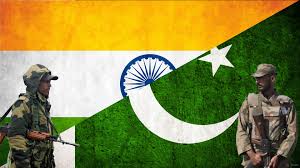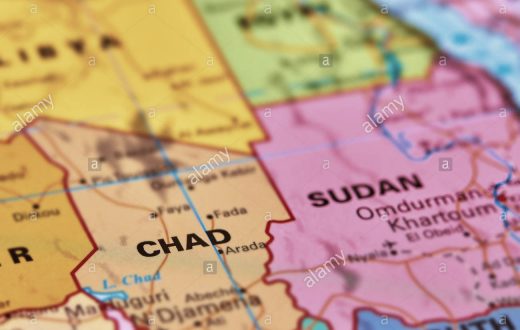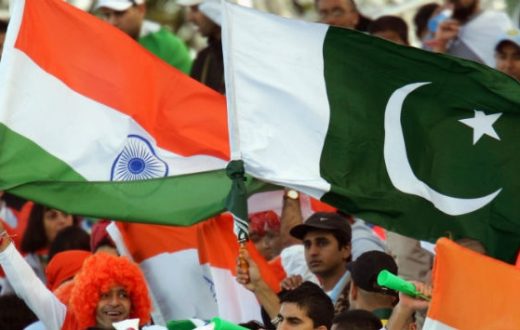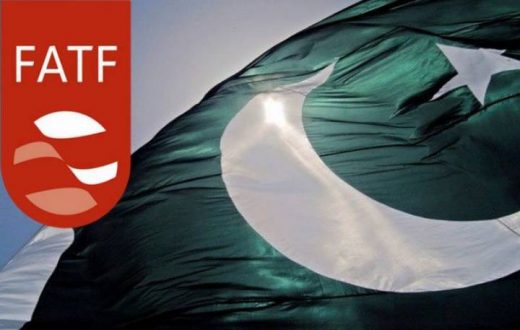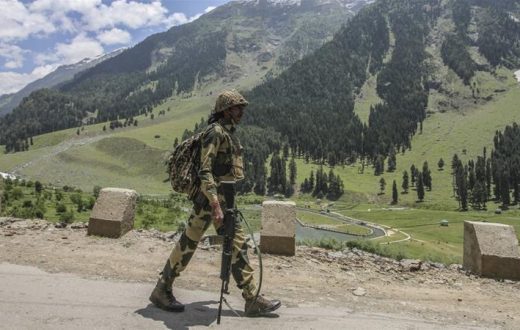Kashmir issue has been the cornerstone of Pakistan’s foreign policy since 1947. The region is the source of rivers flowing into Pakistan and Pakistanis have strong apprehensions that if Kashmir remains under Indian occupation, their country will be strangulated as there will be no availability of sufficient water to support Pakistan’s agricultural sector, the backbone of country’s economy. Since the Kashmir is a disputed territory under the United Nations Security Council resolutions, Pakistan believes that it will remain so until and unless the UN resolutions are implemented.
Kashmir has been a festering sore and primary cause of friction and conflict between India and Pakistan since partition. Accordingly, it has been a priority on the foreign policy agenda of each government but has defied resolution and even led to wars between the two states.
Historically, Pakistan has viewed its dispute with India over Kashmir as the key determinant of its strategic behaviour in the international arena. Advocacy of the rights of the Kashmiri people to freely determine their future has been the main plank of Islamabad’s diplomatic strategy in the United Nations and other international forums. By championing the cause of the rights of the Kashmiri people, Islamabad has tried to remind the world that India’s control over two-third of the State is not only legally untenable but is also morally unjust as it was achieved by means of “fraud and violence” and through an instrument of accession signed by a ruler who had lost the support of the vast majority of his predominantly Muslim subjects. Pakistan’s official stance on Kashmir can be summarized into the following six interrelated propositions.
- The State of Jammu and Kashmir is a disputed territory.
- This disputed status is acknowledged in the UN Security Council resolutions of August 13, 1948 and January 5, 1949, to which both Pakistan and India are parties.
- These resolutions remain operative and cannot be unilaterally disregarded by either party.
- Talks between India and Pakistan over the future status of Jammu and Kashmir should aim to secure the right of self-determination for the Kashmiri people. This right entails a free, fair and internationally supervised plebiscite as agreed in the UNSC resolutions.
- The plebiscite should offer the people of Jammu and Kashmir the choice of permanent accession to either Pakistan or India.
- Talks between India and Pakistan, in regard to the future status of Jammu and Kashmir, should be held in conformity both with the Simla Agreement of July 1972 and the relevant UN Security Council resolutions. An international mediatory role in such talks maybe appropriate if mutually agreed.
However, it is important to note that during recent months a lot of surge has been witnessed in highlighting the Kashmir issue at international forums. After NSA-level Pakistan-India talks were cancelled due to Indian haughtiness and blatancy, Pakistan started to draw world’s attention towards the issue. Pakistan believes that the Kashmir issue should be resolved through the United Nations’ resolutions and international community should play its role in this regard.




